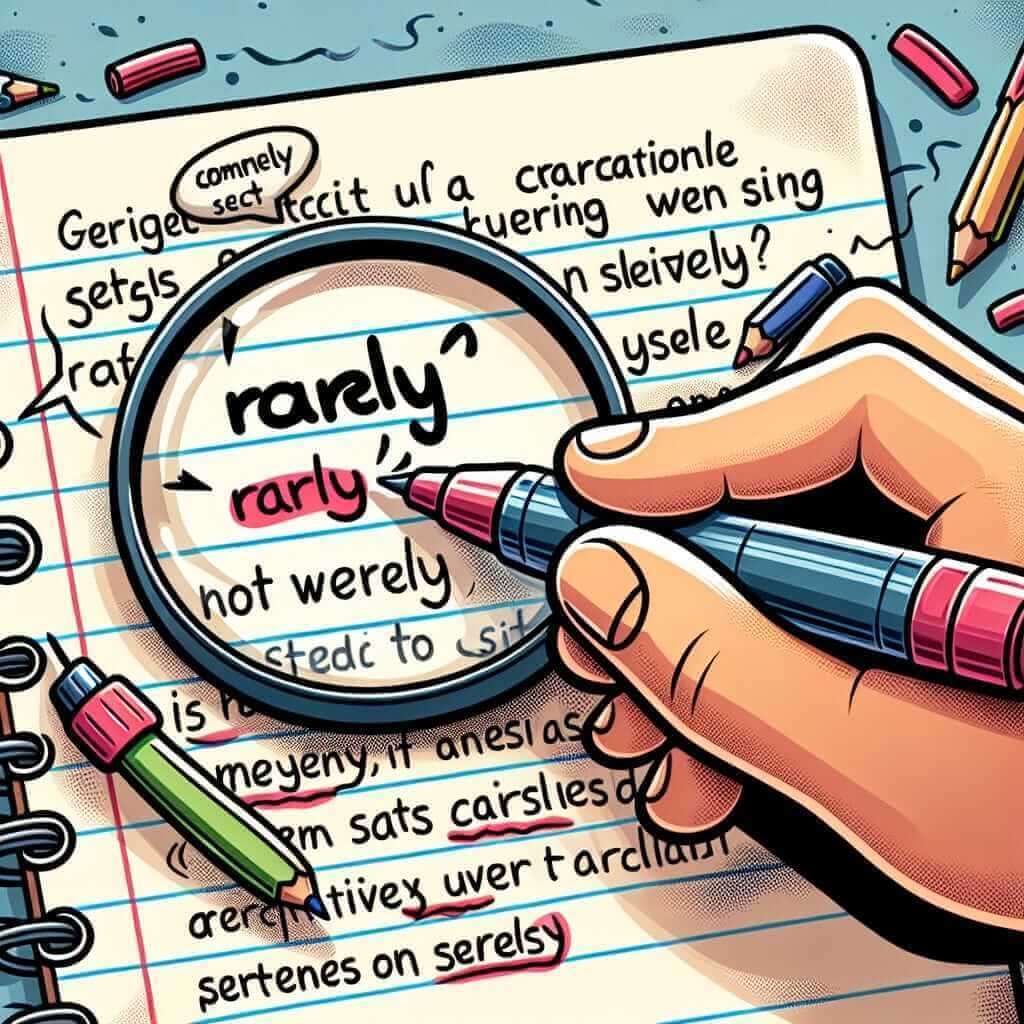As an IELTS teacher, I often see students struggling to make their writing more impressive. One way to do this is by using inversion, a grammatical structure where the auxiliary verb comes before the subject. “Rarely do we find such dedication” is a prime example of inversion and is a phrase that can add sophistication and impact to your writing.
Let’s look at a few examples of how inversion with “rarely” can be used in different parts of the IELTS exam:
Speaking Part 3: “Do you think people are less dedicated to their work than they used to be?”
You: “Perhaps. Rarely do we find individuals willing to dedicate their entire lives to a single company anymore, unlike previous generations.”
Writing Task 2: “Technology has made our lives easier.” To what extent do you agree?
You: “However, this ease comes at a cost. Rarely do we find the time to truly disconnect and reflect on our lives, leading to increased stress and anxiety.”
Now, let’s delve deeper into why and how to use this powerful structure effectively.
Understanding Inversion with “Rarely” in IELTS Writing
Using “rarely” with inversion creates a formal, even literary, tone. This structure is particularly useful in IELTS writing because it demonstrates a strong command of grammatical structures, which is a key factor in achieving a higher band score.
Mastering the Structure: “Rarely” + Auxiliary Verb + Subject + Main Verb
The formula for using “rarely” with inversion is simple:
Rarely + auxiliary verb + subject + main verb
Here’s a breakdown:
- Rarely: This adverb indicates that something does not happen often.
- Auxiliary verb: This depends on the tense and form of the main verb (e.g., do/does, did, have/has, will).
- Subject: This is the person or thing performing the action.
- Main verb: This is the action being performed.
Example:
- Normal sentence: We rarely see such commitment these days.
- Inversion: Rarely do we see such commitment these days.

Applying Inversion with “Rarely” in IELTS Writing
1. Writing Task 2: Expressing Opinions and Contrasting Ideas
- “Rarely do we consider the long-term consequences of our consumerist habits, but doing so is crucial for environmental sustainability.”
- “Some argue that globalization benefits everyone. Rarely, however, do they acknowledge the negative impacts on local cultures and businesses.”
2. Writing Task 1 (describing trends):
- “The graph shows that rarely did unemployment rates fall below 3% during this period.”
- “Rarely was there a significant increase in the use of renewable energy sources until recent years.”
Elevating Your Writing: Using Similar Structures for Impact
You can achieve a similar effect and showcase your grammatical range by using other negative or limiting adverbs at the beginning of a sentence:
- Never before have we had such easy access to information. (emphasizes the unprecedented nature of something)
- Not only does technology connect people, but it also provides educational opportunities. (highlights two related points)
- Under no circumstances should we underestimate the importance of education. (expresses a strong opinion)
Common Mistakes to Avoid
The most common mistake is incorrect word order. Remember: auxiliary verb + subject + main verb.
Incorrect: Rarely we find such dedication.
Correct: Rarely do we find such dedication.
Conclusion
Using inversion with “rarely” and similar adverbs is a powerful way to enhance your IELTS writing. By mastering this grammatical structure, you demonstrate a sophisticated understanding of English grammar, which can significantly impact your band score. Remember to practice implementing this structure in your writing practice to build confidence and fluency.